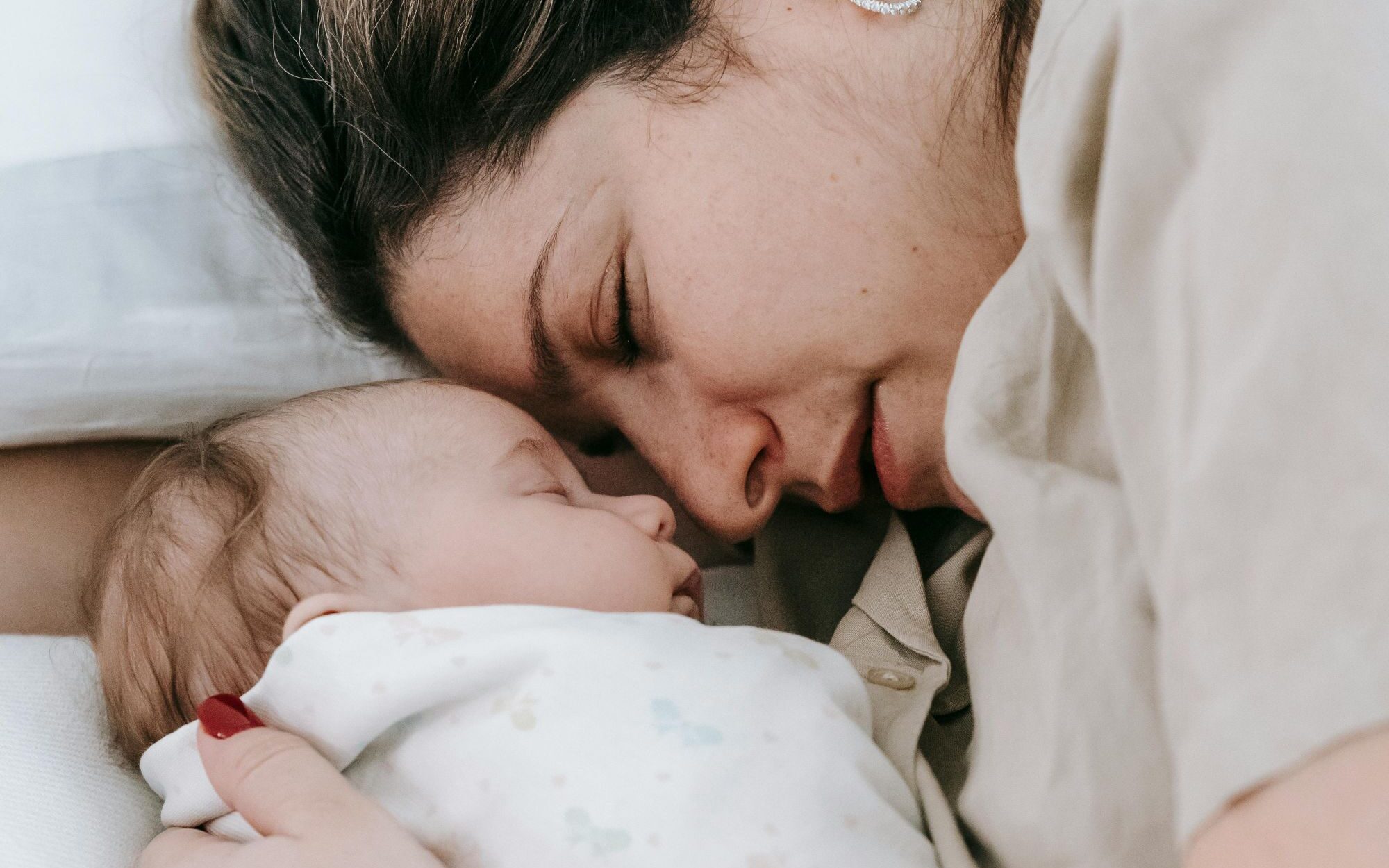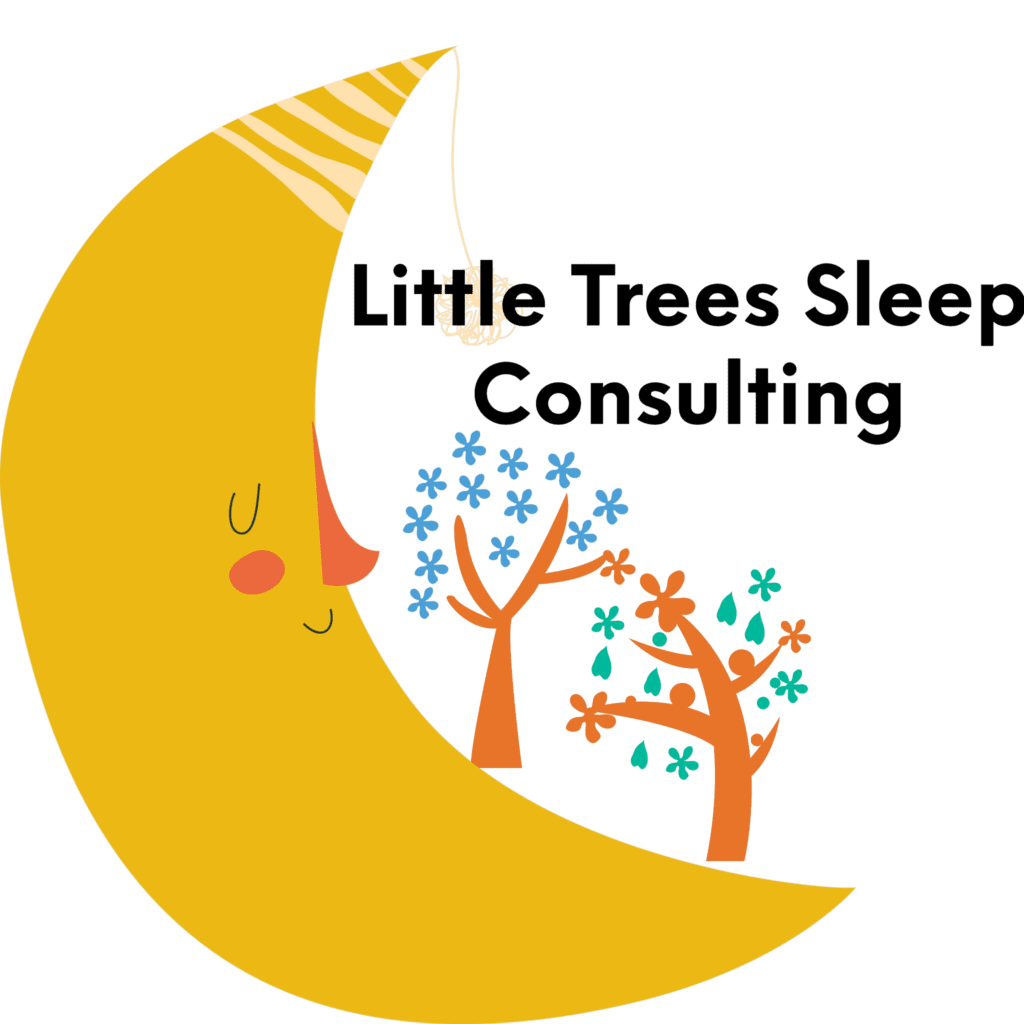Why Won’t My Baby Sleep? 5 Common Reasons (and How to Fix Them)

If you’re waking up multiple times a night, bouncing, feeding, or pleading with your little one to fall back asleep—know this: you’re not alone. For many parents in the baby and toddler years, sleep can feel like an ongoing battle. It’s exhausting, overwhelming, and emotionally draining.
Thankfully, you don’t have to figure it out alone.
Enter Little Trees Sleep Consulting, a Vancouver-based baby and toddler sleep consultant supporting families both locally and virtually. With a gentle and personalized approach, Little Trees helps uncover the why behind your child’s sleep challenges and provides realistic, family-friendly strategies to improve sleep for everyone.
Here are five of the most common reasons babies and toddlers struggle with sleep—and what you can start doing to change that, starting tonight.
Lack of Independent Sleep Skills

One of the most common causes of night wakings is a lack of independent sleep skills. That means your child has learned to fall asleep with help—whether it’s nursing, rocking, bouncing, or having a parent nearby—and they rely on that same help every time they wake between sleep cycles.
Yes, even babies (and adults!) wake up several times a night—it’s completely normal. The difference? Children without independent sleep skills often need external support to get back to sleep, and this can lead to multiple night wakings.Toddlers often resist bedtime when they’re used to a parent staying with them until they fall asleep.
Helping a child learn to fall asleep on their own often involves a sleep training method that fits their age, personality, and the family’s comfort level. There are gentle, supportive ways to guide this transition, with parents remaining present as their child develops confidence and trust in the sleep process. Toddlers may need a more hands-on approach, especially if separation anxiety is a factor.
Inappropriate Daytime Routine

A poorly timed daytime routine can throw off the entire night. Half of quality sleep comes from having just the right amount of sleep pressure built up during the day—enough wakefulness to fall asleep smoothly and stay asleep longer. This balance becomes especially important around midnight and the early morning hours, when sleep is naturally lighter.
Toddlers who nap too long or too close to bedtime may fight sleep or wake early. On the other hand, babies with too-short wake windows or inconsistent naps may experience catnapping or restless sleep from being overtired or undertired.
Making age-appropriate adjustments to wake windows and nap timing can make a huge difference. Many traditional schedules assume babies will sleep 12 hours at night, but most sleep closer to 11—so expecting too much overnight sleep can backfire. Striking the right balance in your child’s 24-hour routine supports smoother bedtimes and more restorative nights.
Strong Sleep Associations

Sleep associations are the habits or conditions your child believes they need in order to fall asleep. These might include feeding, rocking, sucking a pacifier, or having a parent nearby. These associations are powerful and can lead to multiple night wakings if your child needs them each time they transition between sleep cycles.
For toddlers, sleep associations might include needing a specific object, a strict routine, or the physical presence of a caregiver at bedtime.
Over time, gently shifting away from strong sleep associations and helping your child develop independent sleep habits can lead to more consistent rest. This often involves gradually adjusting routines and offering reassurance as your child learns new sleep skills—something many families find helpful to navigate with the guidance of a sleep consultant.
Too Many Night Feedings

Feeding during the night is perfectly normal for young babies, but as children grow, excessive night feeds can disrupt sleep. This can sometimes lead to reverse cycling, where babies consume fewer calories during the day and make up for it at night—reinforcing the cycle of waking.
Toddlers may continue to request milk or bottles overnight out of habit, not hunger, which can impact their dental health and make it harder to break the sleep-feed connection.
Gradually reducing night feeds, when developmentally appropriate, can help children shift their intake to daytime and support longer stretches of uninterrupted sleep. Whether it’s a gradual weaning plan or creating clear boundaries around overnight feeding, it’s important that both baby and parents feel supported in the process.
Inconsistent or Overstimulating Bedtime Routine

A chaotic or unpredictable bedtime routine can interfere with a child’s ability to wind down and fall asleep. The brain relies on consistency and cues to signal that sleep is coming. Without them, melatonin production may be delayed, making it harder for your little one to settle.
Toddlers especially benefit from a calming bedtime environment. Screens, late meals, or high-energy play right before bed can overstimulate their nervous systems and delay sleep readiness.
Establishing a predictable, calming routine—like bath, books, cuddles, and lights out—helps children prepare mentally and physically for sleep. When routines are clear and consistent, children feel safe, relaxed, and ready to rest.
Sleep Doesn’t Have to Be a Struggle
Understanding why your baby or toddler is struggling to sleep is the first step toward better rest—for everyone in the family. Whether you’re facing frequent wakings, bedtime meltdowns, or unpredictable schedules, Little Trees Sleep Consulting offers personalized, compassionate support for families across Metro Vancouver and beyond.
Because better sleep isn’t just a dream—it’s absolutely possible.

Sponsored by Little Tree Sleep Consulting
Follow on Instagram @littletreessleepconsulting or visit littletreessleepconsulting.com to learn more.

Teresa Sedlmair is a certified sleep consultant and founder of Little Trees Sleep Consulting, based in Vancouver. A former teacher and mom to two girls, Teresa has supported over 400 families through personalized, compassionate sleep support. Her journey into sleep consulting began with her own challenges as a new mom, and she’s now passionate about helping other parents find rest, confidence, and calm.
Would you like to write for us? We welcome well-written guest submissions with a local interest slant. Share your tips, review local businesses and highlight hot trends for Vancouver moms. Get all the info on our Contributor Page!



















